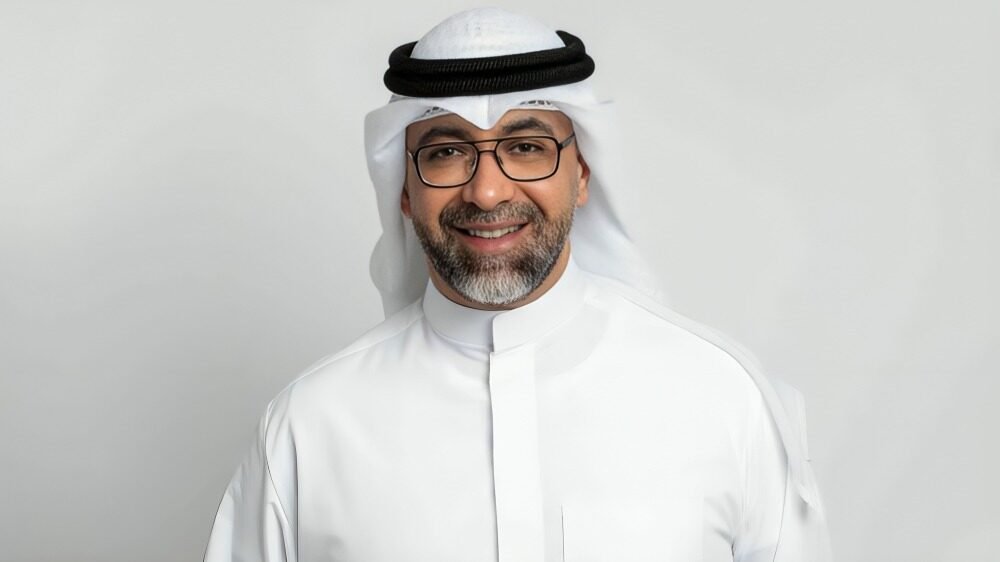UAE entrepreneurship goals have taken center stage in the government’s economic vision, with a target of building a community of two million registered companies and nurturing at least ten unicorn firms by 2031. The announcement came from Abdullah bin Touq Al Marri, the Minister of Economy and Tourism, who described it as part of the UAE’s roadmap to position itself among the world’s most dynamic hubs for business and innovation.
This move underscores the country’s shift from oil dependency to a broader economy powered by entrepreneurs, small enterprises, and technology-driven firms. With more than 1.2 million companies already operating in the UAE, the new target signals both ambition and confidence in the country’s ability to sustain long-term growth.
Aiming to Double Business Activity
At present, about 94 percent of all registered firms in the UAE are owned by entrepreneurs. Small and medium-sized enterprises already contribute around 63 percent to the non-oil GDP and make up roughly 95 percent of total companies. The plan to increase the figure to two million companies by 2031 would nearly double current numbers.
This expansion is not just about size but about creating fertile ground for new ventures. By simplifying business registration, offering world-class infrastructure, and building a strong startup ecosystem UAE, the country is shaping itself into a launchpad for both local and international entrepreneurs.
Building the Next Unicorns
Another key element of this strategy is the aim to see at least ten unicorn companies startups valued at $1 billion or more established in the UAE within the next six years. At present, the country is home to five unicorns, including names that have become familiar in global business circles. Reaching ten unicorn companies by 2031 will require significant investment and strong backing for high-growth firms, but the government has made it clear that supporting scalable businesses is at the heart of its agenda.
This ambition sends a clear message to founders and investors that the UAE is ready to stand alongside Silicon Valley, London, and Singapore as a fertile market for billion-dollar startups. It also signals a determination to make innovation a central part of the national economy.
National Drive for Entrepreneurs
The announcement ties into a broader campaign known as “The World’s Capital of Entrepreneurs,” which was launched under the leadership of His Highness Sheikh Mohammed bin Rashid Al Maktoum. The initiative is designed to give entrepreneurs a powerful platform, positioning the UAE as a destination where ideas can grow into global businesses.
The program focuses on creating the right conditions for success, legal reforms that make it easier to operate across sectors, investment in advanced technology, and protection of intellectual property. Alongside this, the UAE is strengthening its role as a global trading nation through economic partnership agreements that open new markets for startups and established businesses alike.
Driving Diversification
The country’s entrepreneurship goals align with a long-standing mission to diversify its economy. By nurturing new businesses and supporting SMEs, the UAE aims to reduce its reliance on oil and build an economy that thrives on trade, tourism, finance, and knowledge-based industries.
Encouraging innovation at every level ensures that businesses are surviving and contributing to job creation, skills development, and sustainable growth. For many young entrepreneurs, the UAE offers both opportunity and inspiration to pursue ideas that can compete globally.
The Roadblocks Ahead
Ambition, however, does not guarantee smooth progress. Scaling a company into a unicorn requires more than just access to capital. It demands strong talent pools, global partnerships, and the ability to expand beyond domestic borders. While the UAE is making great strides, it will need to continue attracting international expertise and maintaining policies that support growth at every stage.
There is also global competition to consider. Other markets such as Saudi Arabia, Singapore, and the UK are all vying to attract startups and investors. The UAE will need to continue offering unique advantages, from its strategic location to its tax incentives, in order to stay ahead.
Current Standing
The UAE already has strong foundations in place. With more than 1.2 million firms operating across sectors and five existing unicorns, the base is solid. The contribution of SMEs to non-oil GDP further highlights their significance in the national economy.
By setting a clear goal of two million companies and ten unicorns, the government has outlined measurable outcomes that allow both local and global stakeholders to track progress. This transparency reinforces investor confidence and provides entrepreneurs with assurance that the UAE is committed to long-term growth.
Looking to 2031
As the country moves toward 2031, the UAE’s entrepreneurship goals represent more than just statistics. They reflect a vision of becoming a true global hub where ambition meets opportunity. With strong political support, ambitious campaigns, and the resilience of its entrepreneurial community, the country is well positioned to turn this bold vision into reality.
Whether the target of two million companies and ten unicorns is achieved exactly on time or not, the momentum generated by these goals will likely reshape the UAE economy for decades to come.
A Vision Beyond Numbers
The UAE’s pledge to reach two million firms and ten unicorn companies by 2031 reflects both vision and determination. By nurturing entrepreneurs, strengthening the startup ecosystem UAE, and pushing forward with diversification, the country is laying down a path to sustainable, innovation-led growth. If carried through successfully, this strategy will transform the UAE into one of the world’s most dynamic centers for entrepreneurship and investment, reinforcing its global standing well beyond the Gulf.




